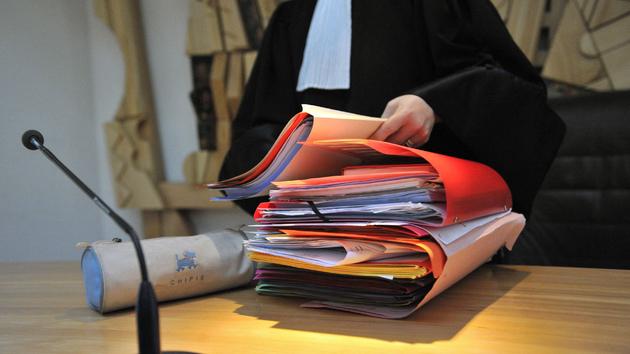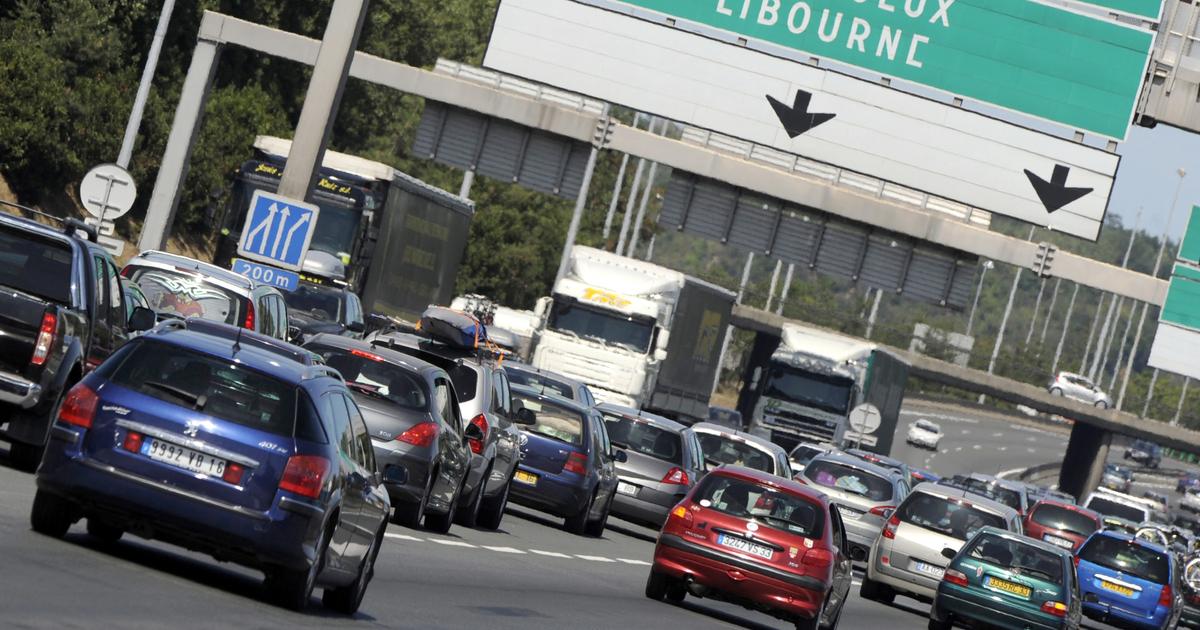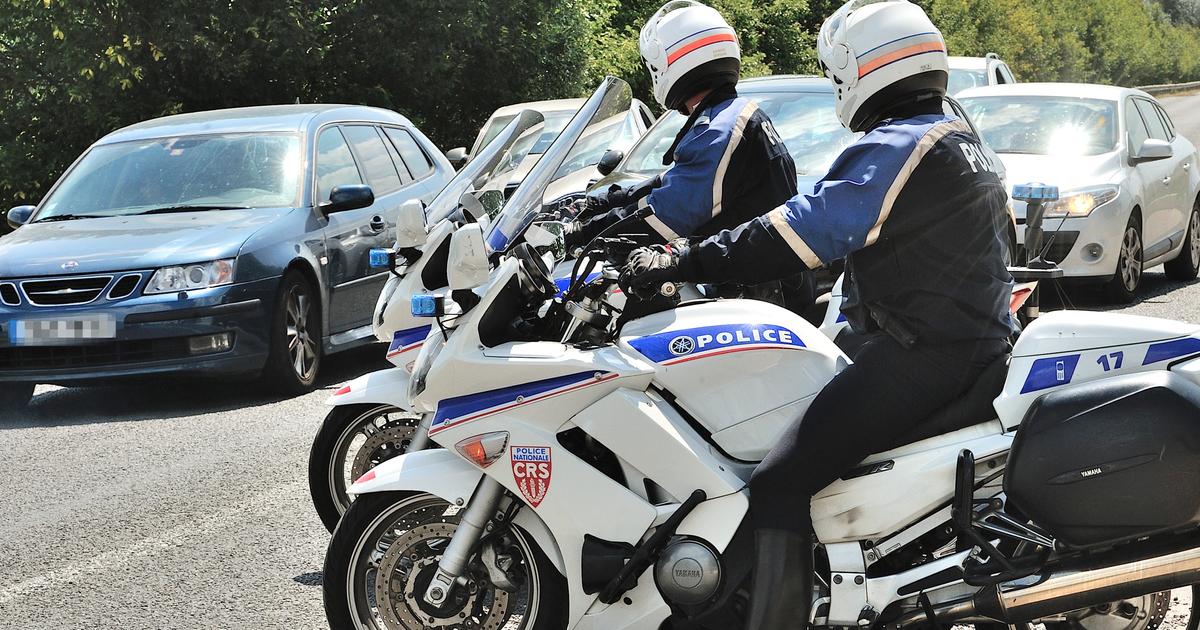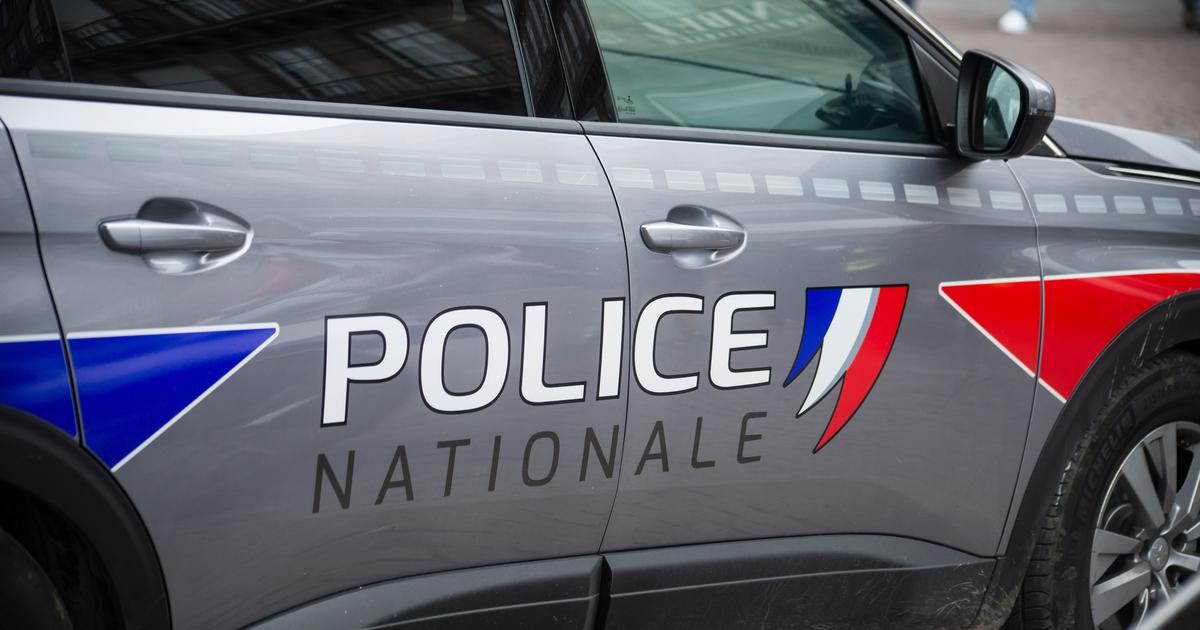With the recent deployment of radar cars, the authorities have just taken an additional step in the control of motorists.
Nowadays, it is not good to be a traffic offender, who has been exposing himself for decades to the zero tolerance of the public authorities.
Each year, more than 26 million offenses are noted and processed by the authorities, and no less than 13 million points are deducted from the driving licenses of our fellow citizens.
To discover
Audi RS3, a sedan like we don't make anymore
Our list of the best electric cars under 40,000 euros
What responsibility at the wheel of an “autonomous car”?
In this area, justice is quick while the administration is exceptionally efficient.
The road user is the only litigant faced with a “zero tolerance” policy.
Traffic law is undoubtedly the most important and densest contentious activity within our criminal courts.
The penalties fall, implacably, mechanically, to the point that many motorists have the feeling that it is better to be a common law offender than to be a traffic offender.
Of all the "offenceists", the motorist is the one who contributes the most to the funds of the State.
To deal with this mass litigation, drivers caught at fault are subject to a body of measures derogating from common law.
Thus erecting traffic law into an exceptional law which, if we are not careful, could well threaten our rule of law and our public freedoms.
An overview of the system of repression put in place, as it exists and as it is applied, gives an idea of the scale and gravity of the situation in which any motorist is one day or the other confronted.
First of all, the latter, unlike a common criminal, never knows the notion of impunity or amnesty. He exposes himself in the event of conviction to multiple cumulative penalties (suspension of the license, fine, loss of points, obligation of internship, prison sentence, confiscation of his vehicle). Thus, for a single offence, the "road offender" may accumulate no less than four to five sentences on average, whereas the common law offender will only suffer at most one or two (prison sentence and fine )!
An increasingly bureaucratized justice system will be able, in many cases, to inflict automatic penalties on him, sometimes without any adversarial debate, striking the validity of his driving license, until its cancellation, or even the ownership of his vehicle by a measure confiscation.
These measures derogating from our public rights and freedoms bring the road user before his judge with a strong presumption of guilt and forced to demonstrate his innocence.
The denunciation erected into a civic act
But, before facing a judge, however tempted he may be, he will first be confronted with the powers of the administration. The prefectural authority can sanction him (and it does not refrain from doing so) without the intervention of a court by depriving him of the right to drive for up to 12 months. He is then obliged to pay the amount of the fine incurred beforehand so that his only right to appeal is admissible, then forced to execute court decisions even before he has been able to exercise his rights of defence. Even before speaking, he is presumed responsible for offenses committed with his vehicle. Because this litigant not quite like the others is in many cases forced to designate the driver of his vehicle, except to have to suffer heavy financial penalties if he does not do so.The authorities have made denunciation an act of good citizenship by now giving him a clear conscience in the name of road safety.
In the field of the administration of evidence, the motorist is confronted with the veracity of the report, because its mentions are authentic until proven otherwise.
His ordeal does not stop there, because he can only provide evidence to the contrary by witnesses or in writing.
Not always easy, if not often even impossible.
In addition, the means of appeal have been removed in the matter of penalty points litigation.
This is in addition to institutional obstacles to the right of access to the court by the authorities who arrogate to themselves the right to judge the merits of their disputes by filtering the right of access to the judge despite the multiple condemnations by the European Court human rights.
Normative madness
Since 2003, road repression policies and the generalization of automated checks have created a new form of crime, the contours of which now affect all citizens. Faced with this repression, little concerned and little guarantor of the rights of defence, the secular pillars of our rule of law resist but find themselves cracked. But for how long? The legislator bears a large part of the responsibility in the sterilization of motorist rights. Over time, it has abandoned its institutional competences in favor of regulatory power, exercised by non-elected authorities. This is how, by a simple decree and without any checks and balances, the speed could be lowered over a large part of the territory to 80 km/h. To have forgotten it, let us remember that at the end of the year 2018,the transition to this new limitation had largely contributed, if not caused, the anger of the "yellow vests".
This normative madness of regulatory origin, but sometimes also of legislative origin, incorporates exceptional measures into our law.
It distances the litigant from his judge by expurgating the elementary rights of the defense and is accompanied by an omnipresence of the administrative authority.
Reconciling the requirement of road safety and respect for the fundamental principles of the right of defense of traffic offenders has become only an equation of principle for the public authorities.
Even more worrying, this overriding right to which road users have been subject for decades foreshadows and silently but insidiously contaminates our criminal law in what is most restrictive and exclusive in the effectiveness of the rights of defence.











/cloudfront-eu-central-1.images.arcpublishing.com/prisa/KMEYMJKESBAZBE4MRBAM4TGHIQ.jpg)


/cloudfront-eu-central-1.images.arcpublishing.com/prisa/EXJQILQR5QI7OMVRTERD7AEZAU.jpg)
